Are you looking to enhance the performance and longevity of your machinery? Understanding the different types of grease is essential for ensuring smooth and efficient operation. Whether you’re working with industrial equipment, automotive parts, or household appliances, using the right grease can make a world of difference.
Types of Grease and Their Characteristics
Grease is a thick, semi-solid lubricant that is commonly used to reduce friction and provide long-lasting lubrication in machinery. There are several types of grease available, each with its own unique characteristics and benefits. Let's take a closer look at some of the most commonly used types of grease:
Synthetic Grease
Synthetic grease is a high-performance lubricant that is formulated using synthetic base oils and advanced additives. It offers superior lubrication and protection compared to conventional mineral-based greases. Synthetic grease has a wide temperature range, excellent thermal stability, and resistance to oxidation, making it suitable for extreme temperature applications. It is commonly used in industries such as aerospace, automotive, and heavy machinery, where high-performance lubrication is crucial.
Lithium-based Grease
Lithium-based grease is one of the most widely used types of grease due to its excellent performance across a wide range of applications. It is versatile, water-resistant, and provides excellent protection against rust and corrosion. Lithium-based grease is commonly used in automotive applications, such as wheel bearings and chassis components, as well as in industrial machinery and equipment. Its high dropping point and shear stability make it ideal for high-temperature and heavy-duty applications.
Calcium-based Grease
Calcium-based grease is known for its excellent water resistance and resistance to washout. It is commonly used in applications where water exposure is a concern, such as marine environments and outdoor equipment. Calcium-based grease provides good protection against rust and corrosion and is suitable for applications where high loads and pressures are involved. However, it may not perform as well in high-temperature environments, as it has a lower dropping point compared to lithium-based grease.
High-temperature Grease
High-temperature grease, as the name suggests, is designed to withstand extreme heat and provide effective lubrication in high-temperature environments. This type of grease is formulated with special additives that enhance its thermal stability and prevent it from breaking down at elevated temperatures. High-temperature grease is commonly used in applications such as oven conveyors, kilns, and automotive engine components. It is crucial to select a high-temperature grease that can withstand the specific operating temperature of your machinery to ensure optimal performance.
Waterproof Grease
Waterproof grease is specifically formulated to provide effective lubrication in wet and water-exposed environments. It has excellent water resistance properties, preventing water from washing away the grease and leaving the machinery unprotected. Waterproof grease is commonly used in marine applications, such as boat trailers, propeller shafts, and winches, as well as in outdoor equipment exposed to rain and humidity. It provides corrosion protection and extends the service life of the machinery in harsh conditions.
Choosing the Right Grease for Your Machinery
Selecting the right grease for your machinery is crucial for achieving optimal performance and longevity. There are several factors to consider when choosing grease:
Temperature Range
One of the most important factors to consider is the temperature range in which your machinery operates. Different types of grease have different temperature limits, known as dropping points. The dropping point is the temperature at which the grease starts to lose its consistency and becomes less effective as a lubricant. It is essential to select a grease with a dropping point above the operating temperature of your machinery to ensure it remains effective.
Load-bearing Capability
The load-bearing capability of grease refers to its ability to withstand pressure and support the weight of the machinery. If your machinery operates under heavy loads or high pressures, it is important to choose a grease with excellent load-bearing capabilities. Grease with high load-bearing capability forms a protective film between moving parts, reducing friction and wear.
Compatibility with Materials
Different types of grease have varying levels of compatibility with different materials. It is important to consider the materials used in your machinery and select a grease that is compatible to prevent any potential damage or degradation. For example, some greases may not be suitable for use with certain plastics or elastomers, as they can cause swelling or degradation.
When selecting grease, it is also helpful to consult the manufacturer's recommendations and specifications for your machinery. They may provide specific guidelines on the type of grease to use, ensuring compatibility and optimal performance.
Proper application and maintenance of grease are essential for maximizing its performance and ensuring long-term machinery reliability. Here are some tips to keep in mind:
1. Cleanliness: Before applying grease, ensure that the surfaces are clean and free from dirt, debris, and old grease. This helps to prevent contaminants from mixing with the fresh grease and affecting its performance.
2. Proper Amount: Apply the recommended amount of grease as specified by the manufacturer. Over-greasing can lead to overheating and excessive friction, while under-greasing can result in insufficient lubrication.
3. Re-greasing Schedule: Establish a regular re-greasing schedule based on the manufacturer's recommendations and the operating conditions of your machinery. Regular re-greasing helps to replenish the lubricant and maintain optimal performance.
4. Monitoring: Monitor the condition of the grease regularly to identify any signs of contamination or degradation. If the grease appears discolored, contains foreign particles, or has an unusual odor, it may indicate the need for replacement.
5. Storage: Properly store grease in a cool, dry place to prevent moisture absorption and maintain its quality. Avoid exposing grease containers to extreme temperatures or direct sunlight, as this can affect its performance.
Conclusion
In conclusion, understanding the different types of grease and their characteristics is crucial for ensuring smooth and efficient machinery performance. By selecting the right grease for your specific needs and following proper application and maintenance practices, you can maximize lubrication, reduce friction, and increase machinery efficiency.
Regular grease maintenance, including re-greasing and monitoring, is essential for maintaining optimal machinery performance and longevity. By staying proactive and taking care of your machinery's lubrication needs, you can avoid costly repairs, minimize downtime, and extend the service life of your equipment.

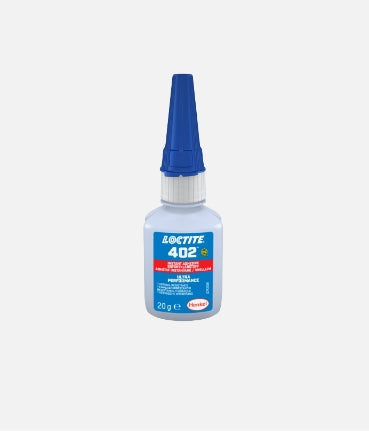
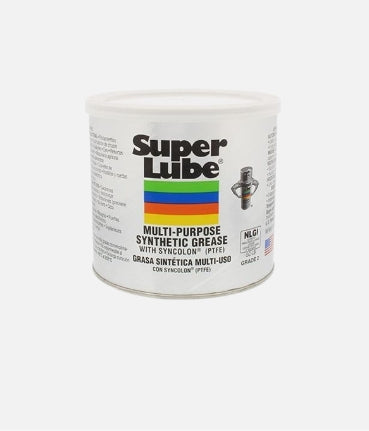
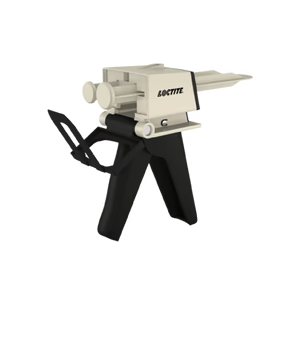
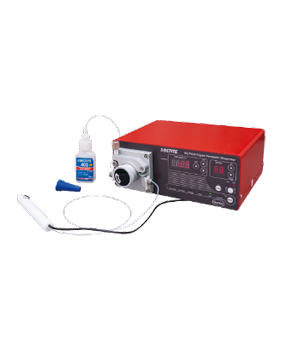



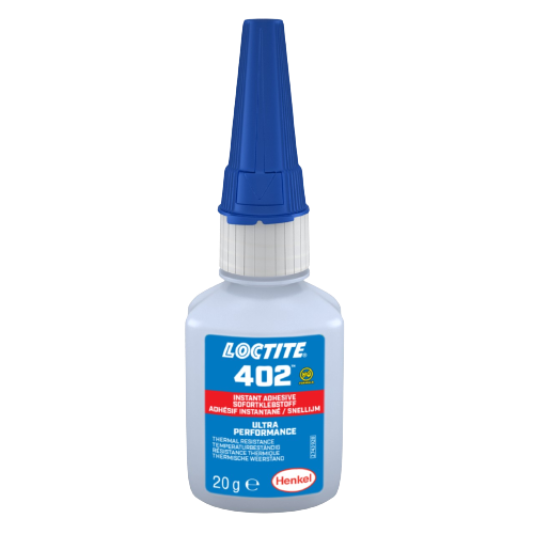
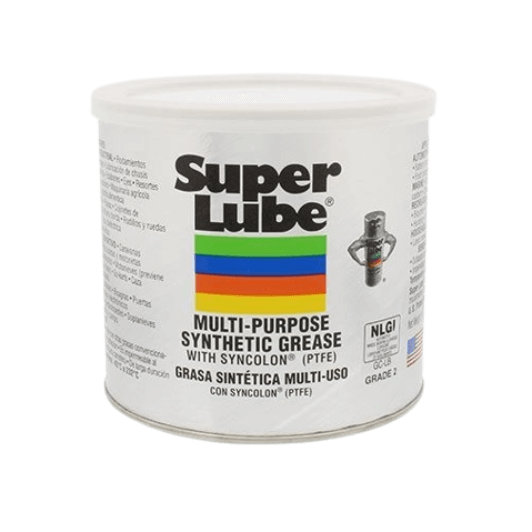
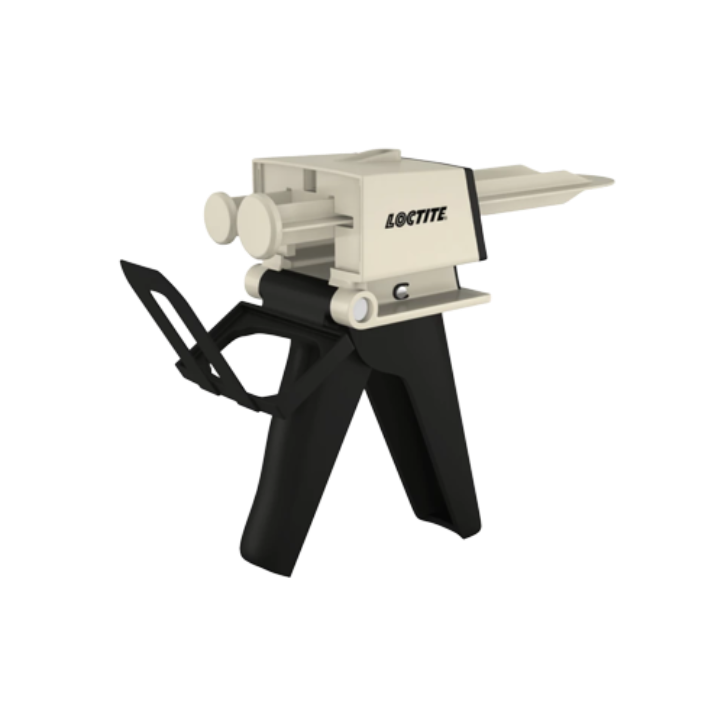
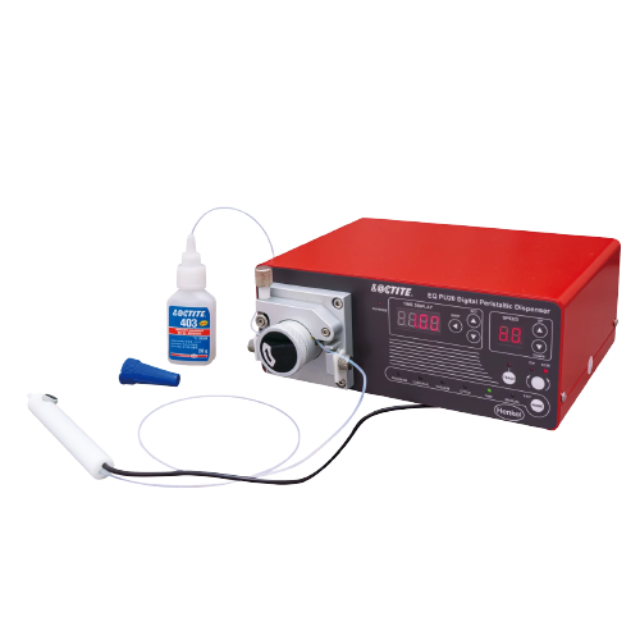
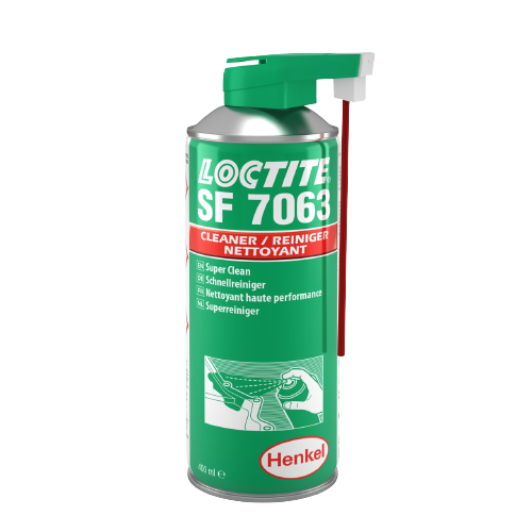
Leave a comment
All comments are moderated before being published.
This site is protected by reCAPTCHA and the Google Privacy Policy and Terms of Service apply.